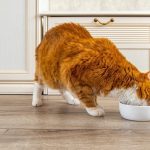Cats are curious creatures with a penchant for sniffing and licking everything in sight. As pet owners, we often find ourselves questioning what our feline friends can and cannot eat. If you’re like me, you may have found yourself in the kitchen, whipping up a delicious meal, only to be greeted by a curious kitty begging for a taste.
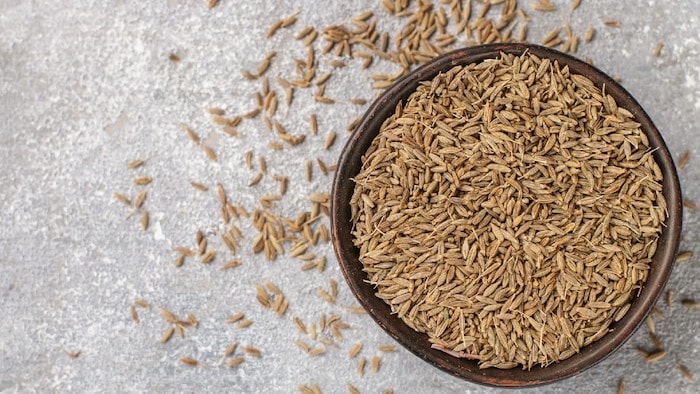
But what about cumin? This fragrant spice is a staple in many households and can add a delicious kick to your favorite dishes. However, before sprinkling it on your cat’s food, you may be wondering if it’s safe for them to eat.
In this article, we’ll dive into the world of cumin and explore whether or not cats can safely consume it. We’ll also take a look at any potential health benefits cumin may offer to our feline friends. So, grab a cup of coffee and settle in, we’re about to spice up your cat’s diet!
Contents
Can Cats Eat Cumin?
Many cuisines around the world use cumin for its distinctive flavor and aroma, making it a common spice to add to dishes such as curries, soups, and stews. However, can cats eat cumin safely?
According to 21cats “Adding cumin seeds to your cat’s food does not have any excessive side effects, but it might give the cat some bad digestive issues.” Cumin is not known to be toxic for cats, however it is not something that should be a part of their regular diet. Furthermore, some cats may have an allergic reaction to cumin so it’s best to avoid feeding them this spice.
The introduction of cumin to your cat’s diet carries a risk of gastrointestinal upset, as cats have delicate digestive systems. To avoid vomiting, diarrhea, and other digestive issues that can arise from new foods or large quantities thereof, it is important to introduce them gradually and in small amounts.
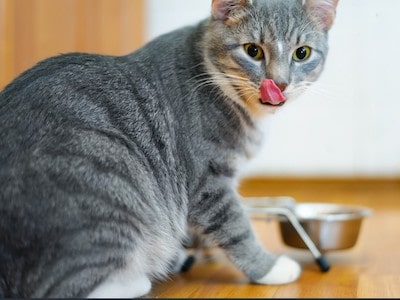
Cumin is a warming spice which can increase body temperature, leading to dehydration in cats if they don’t consume enough water. This could result in serious health issues such as kidney problems and urinary tract infections. Therefore, it is important for cat owners to ensure their pets stay hydrated when consuming cumin-containing foods or supplements.
Some people think feeding cats cumin can aid digestion, strengthen the immune system, and reduce inflammation. However, there is no scientific proof backing these assertions. It’s best to speak to your vet before adding any new foods to your cat’s diet.
Other Spices and Herbs Cats Should Avoid
While cumin may not be toxic to cats, there are several other spices and herbs that can be harmful and even toxic to our feline friends. Here are some of the most common ones to avoid:
- Garlic and Onion – It is essential to avoid garlic and onion, whether in fresh, cooked or powder form, as these ingredients contain compounds that can damage a cat’s red blood cells leading to anemia.
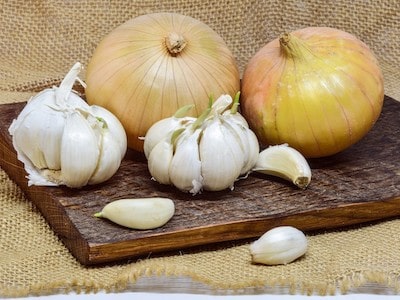
- Nutmeg – Cats are susceptible to hallucinations, disorientation, and seizures when exposed to myristicin, a compound found in nutmeg.
- Cinnamon – In large quantities, cinnamon can lead to digestive upset, liver disease, and even respiratory problems in cats; however it is safe for them in small amounts.

- Bay leaves – Although bay leaves are frequently added to stews and soups, cats should not consume them due to the essential oils that can lead to digestive issues, lethargy, and decreased appetite.

- Sage – Although Sage is commonly used in stuffing and other dishes, it can cause digestive upset and even central nervous system depression in cats.
- Thyme – Although thyme is a popular herb often used in soups, stews, and other dishes, it can be dangerous for cats as it may cause digestive upset and even allergic reactions.
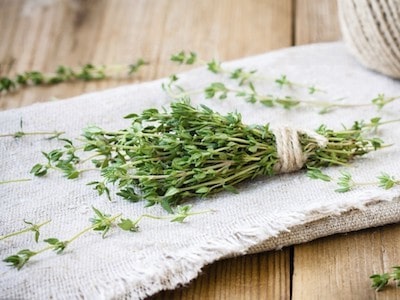
- Rosemary – Although Rosemary is frequently used in roasts and other dishes, it can cause digestive upset and even neurological issues in cats.
How Often Can I Give My Cat Cumin?
Cumin is not toxic to cats, however it is not advisable to feed it to them on a regular basis. This is because cats have different nutritional requirements than humans and their digestive systems can be easily affected by changes in their diet.
It is advisable to give your cat cumin in moderation, only on rare occasions. A small amount of cumin sprinkled onto their food should be sufficient for them to experience its flavor without any harmful effects.
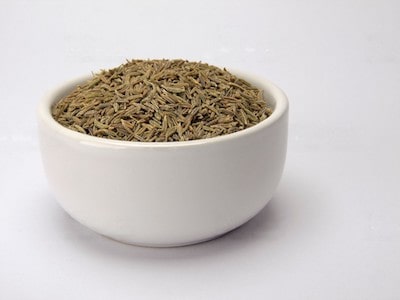
It is essential to monitor your cat after giving them cumin for any signs of digestive upset or other adverse reactions. If your cat experiences vomiting, diarrhea, or any other unusual symptoms, it is advisable to stop administering cumin and seek advice from your veterinarian.
In general, it is best to feed your cat a balanced and nutritionally complete diet that is specifically designed for cats, as this will guarantee they are receiving the necessary nutrients without any potential health risks.
For advice on what foods are safe for your cat to eat and how to provide them with a nutritionally complete diet, consult your veterinarian if you are uncertain.
FAQs
Can cats have cumin seeds?
Cats can have cumin seeds, As per 21cats “Adding cumin seeds to your cat’s food does not have any excessive side effects, but it might give the cat some bad digestive issues.” but it’s recommended to give them in moderation and only on rare occasions.
Can cats have cumin powder?
Cats can have cumin powder, but it’s recommended to give them in moderation and only on rare occasions.
Can cumin cause dehydration in cats?
Yes, cumin is a warming spice and can increase body temperature, which could lead to dehydration, especially if they’re not drinking enough water.
What should I do if my cat ingests cumin or other harmful spices/herbs?
If your cat ingests cumin or other harmful spices/herbs, monitor them for any signs of adverse reactions and contact your veterinarian immediately.
Go check out WeNeedPets for all your pet-related needs, from products to advice!
Well, It’s a Wrap
To summarize, cumin should only be given to cats in moderation and infrequently. Furthermore, it is important to observe your cat for any signs of adverse reactions after consuming cumin or other new foods.
Ultimately, the best diet for cats consists of a balanced and nutritionally complete meal formulated specifically for them. Additionally, there are several other spices and herbs that can be toxic to cats so it is essential to know which foods are safe before feeding them anything else.
If you ever have questions about what food is safe or how best to feed your feline friend nutritionally, then consulting with a veterinarian would provide the most reliable advice.
Charlene Pare is the founder of Cat Likes Best. She manages and strategizes the content published on this website. When she isn’t working, she enjoys exploring the city around with her Ameican Shorthair kitty–Moli. Being a technocrat and an avid cat lover, she also writes on pet tech products and some of the featured articles.





